Multifamily buildings serve as more than just residential spaces; they’re mini-municipalities unto themselves, where neighbors interact in common spaces, either incidentally (like in lobbies or elevators) or deliberately (like in kids’ playrooms, or increasingly, in on-site coworking spaces). With warmer weather returning, and especially after the forced social isolation of the pandemic, lots of condo, co-op, and HOA residents are eager to reconnect with their neighbors—and boards, managers, and social committee members are rising to the occasion by offering opportunities to do just that, through programming and special events.
Whether a community is a co-op, condo, or HOA, and regardless of its size, activity programming and special events play a key role in creating a vibrant and inclusive environment. By organizing a variety of appealing activities and events, property managers can encourage residents to actively engage with their neighbors, develop lasting connections, and improve their overall quality of life.
According to Vincent Rapolla, regional director for Corner Property Management in Springfield, New Jersey, having social events in a community helps to build and enhance the overall sense of community in an association—and that adds intangible—but very real—value to the property as a whole.
“When residents get to know each other, they truly become neighbors, and even friends,” he says. “Most importantly, having positive relationships with neighbors improves everyone’s quality of life, which is one of the main objectives of community living.”
Thomas Chilenski, president and senior property director for Cedarcrest Property Management in Fairfield, New Jersey, agrees, and notes that during the first years of the pandemic, most residents just sat around in their houses feeling isolated and stressed, and there was a lot of time for people to point fingers and blame each other for every little thing that might have come up at the property. However, “when you actually get people together or have a common forum to talk, it really seems to calm things down, and the more human side of things comes out,” he says.
And, adds Rashaad Middleton, a manager with NYC-based R.E.M. Residential, residents are even looking forward to administrative gatherings that prior to COVID were viewed as more of a hassle than a blessing. “One of my co-ops down in SoHo would traditionally do their annual meeting at a church or synagogue,” he says. Those functions moved online when the pandemic hit, “[but] they’re hoping to do that again. I think people are ready to see their neighbors again on a more joyous occasion, rather than being told what they can and can’t do.”
At a building he manages uptown, he says the community has floated the idea of holding some type of community event in one of the small common areas, in addition to holding their annual meeting in person, says Middleton, “as a way of bringing the community back together.”
Real Benefits
A robust community activity program creates opportunities for social interaction and helps residents build meaningful relationships with their neighbors; regularly scheduled activities like game nights or book clubs (to name two popular options) provide a platform for residents to meet, share experiences, and create a strong support network. More physical activities like yoga classes, wellness workshops, or group exercises encourage healthy lifestyles and allow residents to prioritize their well-being without having to get in the car or use public transit—a perk anytime of year, but particularly when the weather is less than pleasant.
Multifamily buildings house individuals from diverse backgrounds and age groups. By organizing inclusive events that cater to the varied interests and preferences of residents, property managers can ensure that everyone feels welcome and part of the community. This inclusivity contributes to a positive living environment where residents feel valued and connected.
Chilenski, whose firm manages approximately 65 properties and about 6,000 units, says community activities get everyone on the same page, which encourages social cohesion and can help reduce the likelihood of conflicts over the longer term. Plus, “people want to get out and meet people,” he says. “It’s a great way to make the community a happier place to live.”
Special Events
In addition to regular activity programming—or in much smaller communities where a full roster of recurring events might be less well attended—special events also offer a unique opportunity to strengthen the sense of community and get people engaged. Whether held annually, seasonally, or just on specific occasions, special events such as holiday parties, barbecues, or themed gatherings create a buzz of excitement and anticipation among residents.
Planning & Implementation
When planning community activity programming and special events, property managers, boards, and committees should consider several key factors to ensure their success. Clearly, it’s crucial to understand the interests and demographics of the building or association’s residents; the seniors in an active adult community will likely have different preferences than a building full of single professionals or families with young children.
This information can be gathered through surveys or regular communication channels, allowing property managers to tailor activities and events accordingly.
Between work, family, and other obligations, getting people together isn’t always easy, so it’s often up to the board, property manager, and, if applicable, the community’s activity director to work together to plan and schedule events and activities. Collaboration and involving residents in the planning process can significantly enhance the success of community activities and special events. By forming a resident committee or seeking volunteers, property managers can tap into the creativity and ideas of the community. Involving residents not only helps generate new event ideas but also fosters a sense of ownership and empowerment.
“Seeking owners’ input and suggestions is always a good idea,” says Harold Berlowe, director of sales and project management for Denali Property Management in Chester, New Jersey, adding that “while some events can involve multiple objectives, it’s sometimes better to stick with a simpler plan and add events if needed.”
Effective communication is another essential element in planning and implementation. Email newsletters, community notice boards, and social media groups are all great ways to keep residents informed about upcoming activities and events. Clear and timely communication helps generate enthusiasm, ensures maximum participation, and builds anticipation. To spread the work around and avoid having the burden of planning, scheduling, and coordinating events or programs fall on one person, Rapolla recommends organizing event or social committees for both brainstorming and logistical purposes. “That can be really beneficial,” he says. “Provide a budget, date, and general idea and let the committee run with it.”
What to Do?
So you’ve decided to convene a social committee at your building or HOA, or your board wants to be more proactive in hosting events for the community. Great. But what types of events and programs work best? What’s most likely to interest residents and get them to come out and participate? The pros agree that when considering what types of events or activities to plan, the first step is identifying specific goals for the event. For example, it could be something very specific and concrete, like fundraising for a project or celebrating a holiday, or it could be something more abstract, like improving communication or conflict resolution. It could also be something as simple as pure entertainment.
Berlowe says his firm has engaged in many community events to promote goodwill and to assist community residents. For example, “when we first start managing a new association, we hold an owners’ meet-and-greet event that brings our property management team on-site, offers refreshments like wine and cheese after work, or coffee and donuts on a Saturday morning, and creates an informal and welcoming atmosphere. This allows us to introduce our company and team to the homeowners and residents, and to share important information regarding our protocols, procedures, and contacts.”
The company also brings laptops to personally assist any homeowners who are struggling with registering for or logging in to the firm’s resident web portal.
When it comes to more purely recreational events, the possibilities are really only limited by imagination and budget. “We’ve put together barbecues, ice cream socials, Halloween parades, decoration contests, poolside happy hours, and community clean-up days for some of our communities,” Berlowe says, “and find most of these to be very popular. With budgets being tight these days, holding fundraisers to support small community projects like a new swing set or gym upgrades are also a great way to both connect residents and raise money.”
With kids out of school and many parents taking time off from work, summer is one of the easier times to plan activities—plus, the nice weather has people longing to spend time outside.
“At one community we manage, we held an after-summer barbecue in the courtyard the week after Labor Day,” Berlowe says. “We kicked in towards the food and beverages and volunteered to work the grills. It was so popular amongst residents that they have since requested that we not wait until after Labor Day this year—so we’re planning a Start the Summer Right BBQ this coming June.”
Rapolla says his firm has had great success with ice cream socials and barbecues in warmer months and hot cocoa events in the fall and winter. “Usually, the smaller events more often tend to bring out more residents and we’ll have one larger event per year,” he says. “After a good event, you can tell the tone of the community changes for the better.”
Clubs & Small Activities
Sometimes, residents themselves will form their own clubs or meet-up groups on their own. Many residents like to get together to play cards, discuss books or movies, or even cook together and discuss recipes.
“We’ve found that smaller group events like these are best left to individual residents to organize and participate in,” Berlowe says. “Oftentimes, these are done at the homes of individual residents in rather small groups of maybe four or six people. We actively encourage things like book and wine clubs, card game nights, etc., and will facilitate communications and contact info for these types of activities.”
Bringing in Experts
Another great way to bring people together in a community is to hire a lecturer or speaker to come in and discuss an important subject. This could be an author, professor, local politician, or just someone with an interesting story.
Berlowe says this is a great way to combine something fun, educational, and beneficial to the community. “We will often organize a ‘Lunch and Learn’ seminar or webinar that allows us to bring in professionals from varied fields, like accountants, lawyers, insurance brokers, financial planners, engineers, etc., to discuss common-interest communities in general, and issues specific to that association,” he says. “By educating homeowners on these various topics in an informal and friendly atmosphere, it fosters better understanding of what goes into being a member of a common interest community, reduces fear and stress related to the unknowns, and often results in homeowners getting more involved.”
Busy lives, demanding jobs, and family activities will always compete for residents’ time and energy, but many would appreciate—and take advantage of—the chance to get to know their neighbors better and feel more a part of their community. Whether through management, the board, a committee, or a joint effort, social programming and events can help do just that—with real, long-term benefits for everyone.
Cooper Smith is a staff writer/reporter for CooperatorNews.



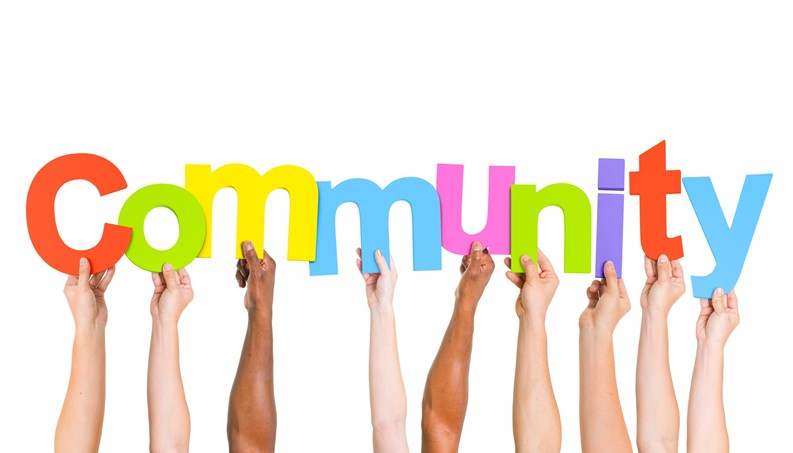

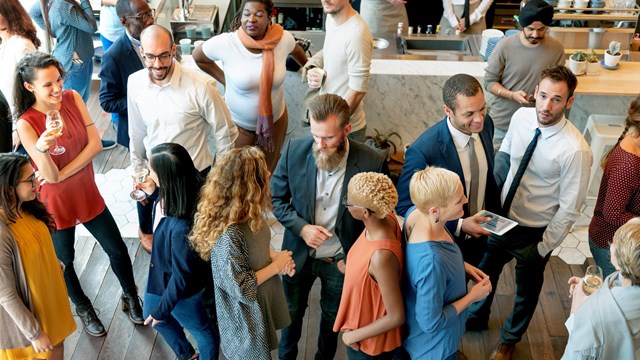
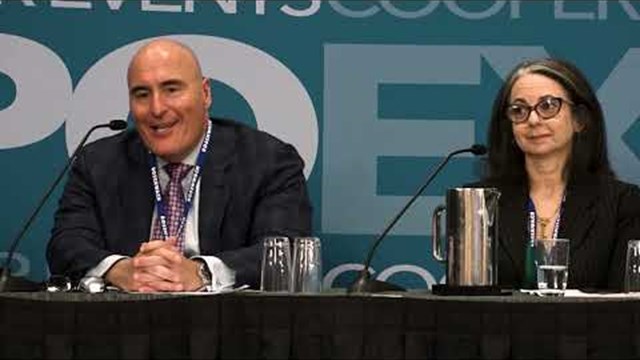
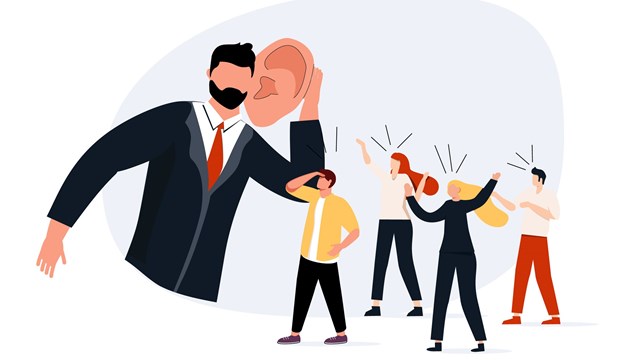
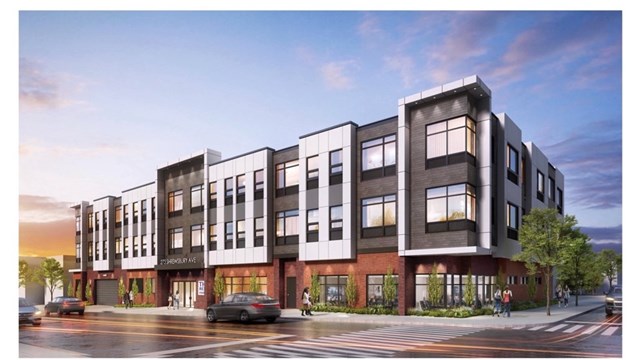
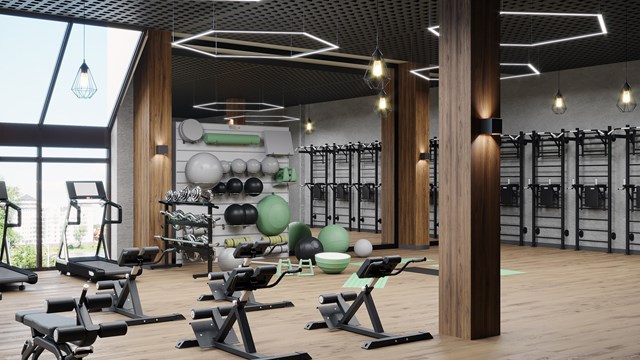
Leave a Comment